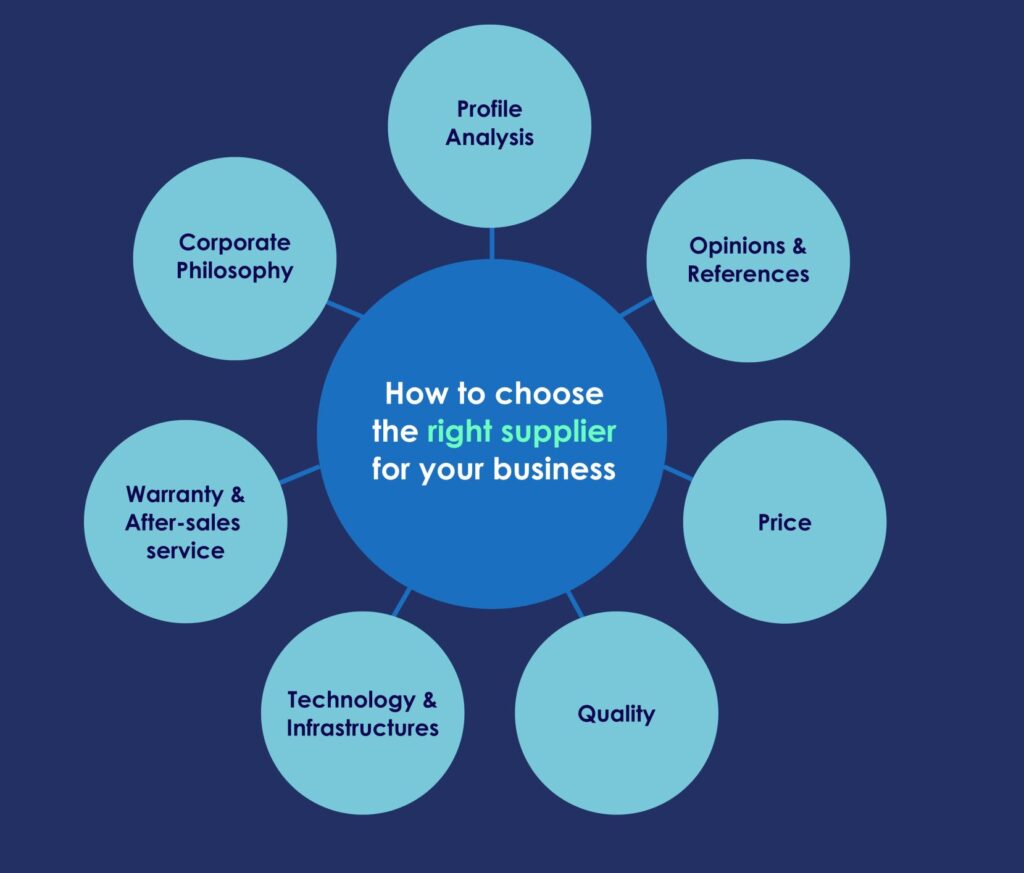In today’s competitive world, the supply chain is more critical than ever. Relying solely on granite supplier based on price alone is risky. It’s important to have more than a few granite suppliers to mitigate the risk of dependence, especially when it comes to ensuring quality. Having additional reliable suppliers ready to step in ensures continuity and stability, even in high-demand periods or unforeseen disruptions. A robust supply chain strategy involves maintaining relationships with multiple suppliers who can support your business through every phase of demand.
This article explores why granite price shouldn’t be the only consideration and highlights other critical factors that should influence your decision when selecting a B2B granite supplier.
Balancing Granite Price and Quality Granite Supplier
Finding the right balance between price and quality is essential. While some granite suppliers may offer low prices, it is crucial to evaluate the overall value. Compare granite price options, considering both the initial cost and long-term benefits. Opting for budget granite options doesn’t mean sacrificing quality if you choose a quality granite supplier who prioritizes both affordability and excellence.
READ | Indian Granite Exporter: How to Find Right One?
How to Choose the Right B2B Granite Supplier?
When selecting a B2B granite supplier, it’s crucial to look beyond just the price of granite per square foot. Factors such as quality, capability, product variety, customisation, communication, service, and transparency play significant roles in determining the best supplier for any business needs. One of the most effective ways to assess a potential supplier is through a personal visit and direct interaction with their management team.

Importance of Personal Visits to Granite Supplier
A direct visit and interaction with a supplier offer invaluable insights into their operations, capabilities, and commitment to quality. Here’s what you can understand from such visits:
Direct Assessment
- Quality Control: By visiting the supplier’s manufactruing facilities, you can observe their quality control processes firsthand. This allows you to see how they ensure the consistency and quality of their granite products.
- Infrastructure and Equipment: A personal visit provides insight into the supplier’s infrastructure and the technology they use. High-quality equipment and modern facilities often correlate with better product quality.
- Work Environment: Observing the work environment can give you an idea of the company’s professionalism and the conditions in which their products are manufactured.
Building Relationships
- Management Interaction: Meeting with the management team allows you to gauge their expertise, professionalism, and commitment to quality. It also helps build a strong working relationship, which can be beneficial for long-term partnerships.
- Customer Service: Direct interaction with the supplier’s team can help you assess their customer service capabilities and responsiveness to your needs.
There’s no denying the value of visiting a granite supplier and their manufactruing facility in person. It provides a clear and firsthand understanding of their operations, quality control measures, and overall capabilities. However, you’re right that it’s not always feasible to visit the supplier before every shipment, especially in cross-border trade scenarios where logistical constraints and busy schedules may limit travel opportunities.
In such cases, alternative strategies become essential for assessing granite suppliers remotely. These strategies can include leveraging technology, conducting thorough research, and utilizing industry networks. Here are some alternative approaches to consider:

Alternative Methods for Granite Supplier Assessment
If visiting the supplier in person is not possible, there are several other ways to gather information and assess their suitability:
Research and Recommendations
- Market Information: Seek information from industry peers, contractors, and architects who have experience with the supplier. Their firsthand insights can be invaluable.
- Trade Associations: Utilize resources from trade associations, which often have directories and reviews of reputable suppliers.
- Online Reviews: Read online reviews and testimonials from other businesses that have worked with the supplier. This can provide a broader perspective on their reliability and quality.
Website and Online Presence Evaluation
- Website Content: A supplier’s website can be a rich source of information. Look for about us page, product descriptions, specifications, and high-quality images that reflect the quality of their offerings.
- Infrastructure Page: Pay close attention to the infrastructure page of their website. This section often details the supplier’s facilities, equipment, and technology, giving you insight into their production capabilities.
- Educational Resources: Check for educational resources such as blogs, guides, and case studies that demonstrate the supplier’s knowledge and expertise in the industry.
- Social Media Pages: Visit the supplier’s social media pages (such as Facebook, Instagram, Youtube and Twitter) to get a sense of their market presence, customer engagement, and feedback. Social media can provide real-time updates on their activities and client interactions.
- Professional Profiles: Look for professional profiles of the management team on LinkedIn. Understanding their qualifications and work experience can give you valuable insights into their expertise and the company’s leadership quality.

Granite Supplier: Transparency and Communication
- Clear Pricing: Ensure the supplier provides transparent price list with no hidden costs. Clear and upfront communication about costs is a sign of a transparent and confident supplier.
- Open Communication: Evaluate how responsive the supplier is to your inquiries. Prompt and clear communication is essential for effective collaboration.
- Client References: Ask the supplier for references from previous clients. Contacting these references can provide deeper insights into the supplier’s reliability and quality.
Why Granite Price Isn’t Everything when it comes to Granite supplier?
Choosing the right B2B granite supplier involves more than just comparing granite prices. It requires a comprehensive evaluation of various factors, including quality, reputation, product variety, customer service, and transparency. Whenever possible, visit the supplier’s manurfacturing facility(s) and interact with their management to gain firsthand insight into their operations and commitment to quality. If a personal visit is not feasible, leverage market research, industry recommendations, and a thorough evaluation of the supplier’s online presence to gather the information you need. Building strong relationships with multiple reliable suppliers helps mitigate risks and ensures a resilient and effective supply chain, ultimately contributing to the success and growth of any business.




